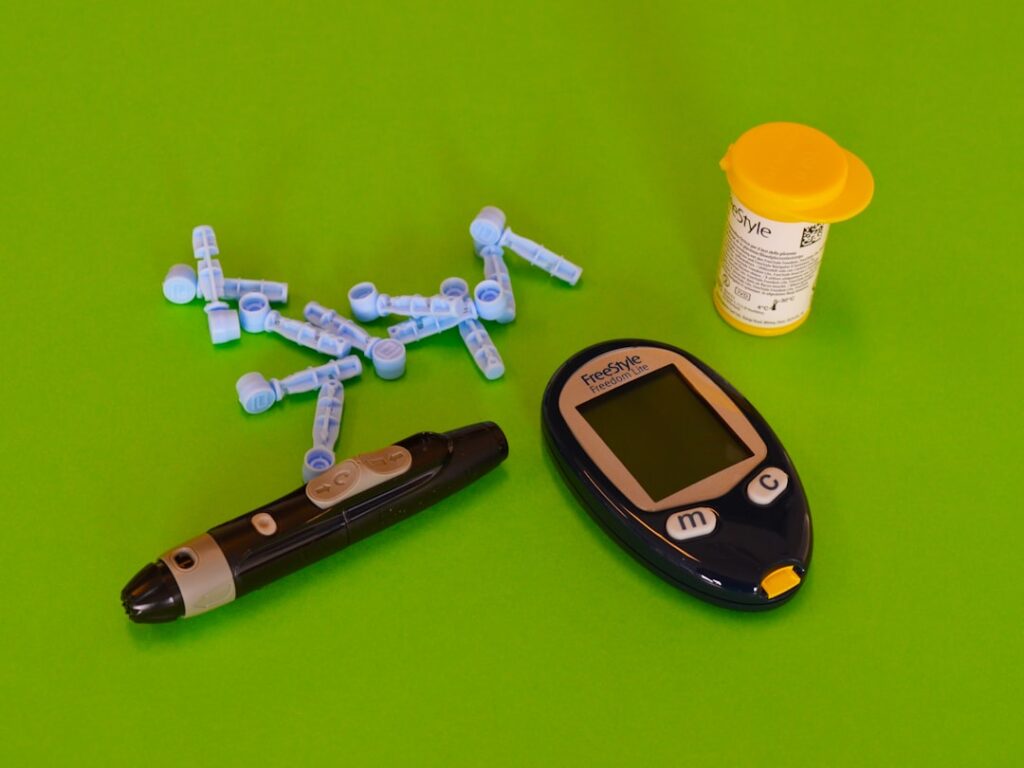AI Tools for Medical Diagnosis: Revolutionizing HealthTech
Artificial Intelligence (AI) is transforming the landscape of healthcare, particularly in the realm of medical diagnosis. The rise of AI tools for medical diagnosis is paving the way for more accurate, efficient, and personalized treatment options. This article explores how AI is integrated into healthtech, its benefits, challenges, and the future it holds for healthcare.
The Role of AI in Medical Diagnosis
AI tools are being employed to assist physicians in diagnosing diseases more accurately and quickly. These technologies use algorithms to analyze vast sets of medical data, improving diagnostic processes.
Types of AI Tools
- Machine Learning: This AI subset uses statistical methods to enable machines to improve at tasks through experience. It is widely used for image recognition and pattern detection in medical imaging.
- Natural Language Processing (NLP): NLP allows machines to understand and interpret human language, enabling them to sift through unstructured medical data such as clinical notes.
- Predictive Analytics: These tools process historical data to predict future outcomes, assisting doctors in making informed decisions.
Benefits of AI Tools for Medical Diagnosis
The adoption of AI tools for medical diagnosis comes with numerous advantages that enhance the overall quality of healthcare.
Enhanced Accuracy
AI systems excel at analyzing complex medical data, leading to improved accuracy in diagnoses. This is particularly evident in interpreting medical images like MRIs and CT scans, where AI can detect anomalies that might be missed by human eyes.
Increased Efficiency
AI tools significantly reduce the time required for diagnosis, allowing healthcare professionals to focus on patient care. The speed at which AI can process information can lead to quicker decision-making and treatment initiation.
Challenges of Integrating AI in HealthTech
Despite the advantages, several challenges hinder the widespread adoption of AI in medical diagnosis.
Data Privacy Concerns
Healthcare data is highly sensitive, and the integration of AI tools poses risks to patient privacy. Strict regulations must be observed to protect patient information.
Implementation Costs
The initial investment for AI technologies can be substantial. Many healthcare facilities, particularly smaller practices, may find it challenging to incorporate these tools without adequate funding.
The Future of AI in HealthTech
Looking ahead, the integration of AI tools for medical diagnosis is expected to expand further.
Personalized Medicine
AI is poised to make significant strides in personalized medicine, analyzing patient data to tailor treatments to individual needs. This approach reduces trial and error in treatment plans, leading to more successful outcomes.
Collaboration Between AI and Healthcare Professionals
Rather than replacing doctors, AI tools are designed to complement their skills. Future developments will likely focus on collaborative platforms where AI assists healthcare professionals in their decision-making processes.
Conclusion
AI tools for medical diagnosis stand at the forefront of healthtech innovation, offering promising solutions to longstanding challenges in healthcare. While there are hurdles to overcome regarding data security and financial investments, the benefits of enhanced accuracy and efficiency pave the way for a transformative future in medical diagnosis. As technology continues to evolve, the synergy between AI and healthcare professionals promises to revolutionize patient care for years to come.
Enhancing Diagnostic Accuracy with AI Tools
AI tools for medical diagnosis are increasingly recognized for their ability to enhance diagnostic accuracy. Traditional diagnostic processes often rely on human expertise, which can vary significantly from one clinician to another. However, AI algorithms can analyze vast datasets and learn from a multitude of cases, often identifying patterns that may be overlooked by human practitioners. This capability not only aids in early disease detection but also minimizes the chances of misdiagnosis, which can be critical in areas such as oncology and cardiology.
AI-Driven Imaging Analysis
In the realm of medical imaging, AI tools are revolutionizing the way radiologists interpret scans. Machine learning models are trained on extensive image datasets, enabling them to recognize anomalies in X-rays, MRIs, and CT scans with remarkable precision. For instance, AI can assist in the identification of tumors in imaging data, which may not be immediately visible to the human eye. By flagging potential concerns early, AI-driven imaging tools empower clinicians to make timely decisions and initiate appropriate interventions.
Streamlining Workflow for Healthcare Professionals
Another significant advantage of AI tools for medical diagnosis is their potential to streamline workflows in healthcare settings. With the increasing complexity and volume of patient data, clinicians often find themselves overwhelmed, leading to burnout and reduced efficiency. AI can automate routine tasks such as data entry and preliminary assessments, allowing healthcare providers to focus more on patient interaction and less on administrative burdens. This not only improves the overall patient experience but also enhances the quality of care delivered.
Integrating AI into Clinical Decision Support
AI tools also play a crucial role in clinical decision support systems (CDSS), helping healthcare professionals make informed decisions based on the latest research and patient data. By integrating AI with electronic health records, these systems can provide real-time insights and recommendations tailored to individual patients. For instance, they can alert doctors to potential drug interactions or suggest alternative treatment pathways based on similar cases. This synergistic relationship between AI and human expertise is redefining the landscape of diagnostic practice in healthcare.


